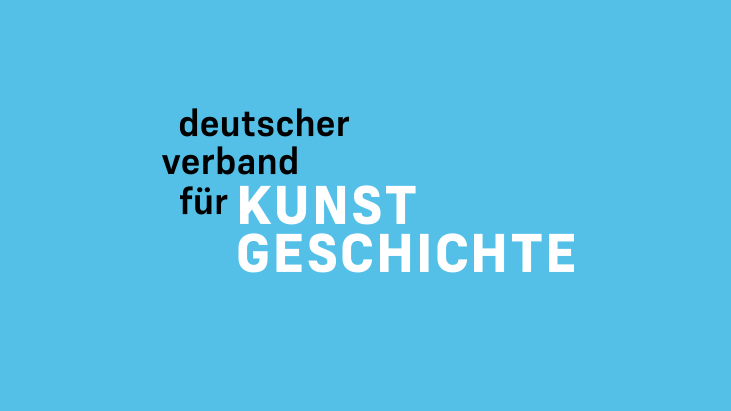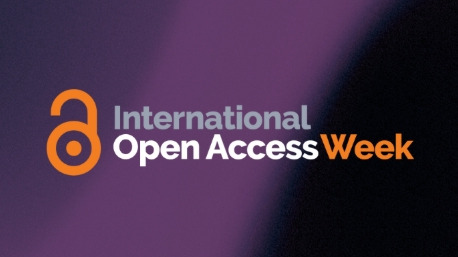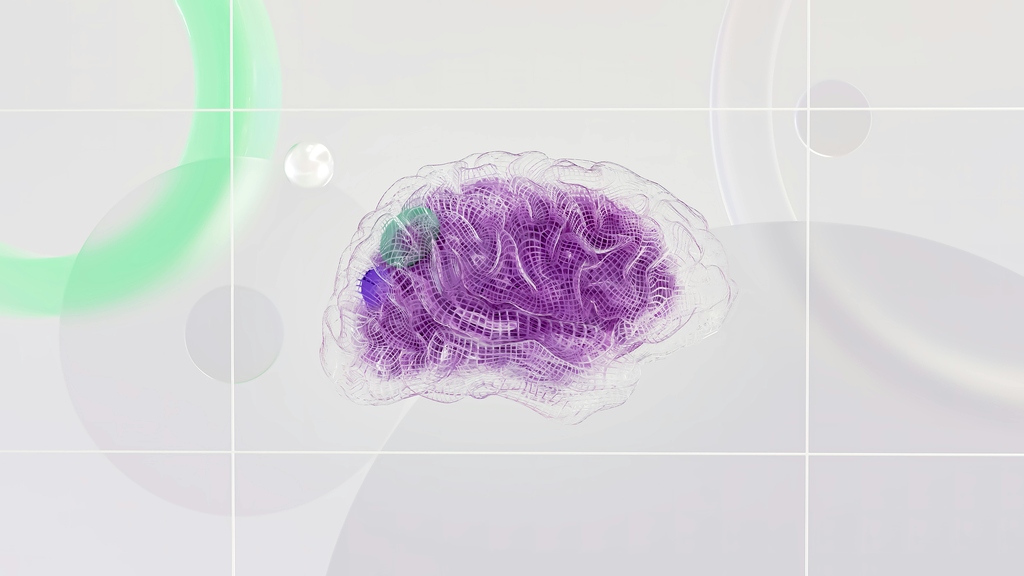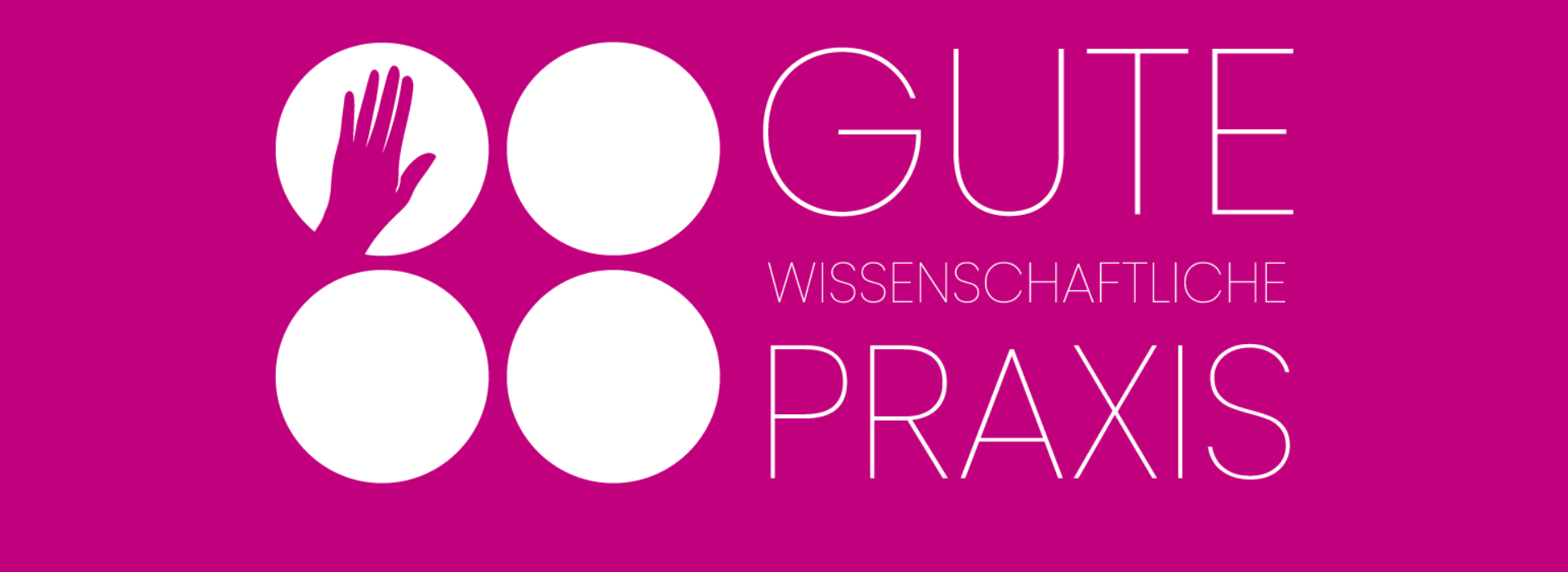Good Research Practice (GWP)
KIT offers a range of services and advice for all those who study, research and teach here. Take a look at the following pages and find out more!
Here you will find
- General information on good research practice at KIT
- Support services for questions in the research process
- Information on teaching good scientific practice in teaching
- Specific offers for doctoral candidates/postdocs and students
Your question is not answered? Please contact the Office for Good Scientific Practice and Ethical Principles for further information!

On Friday, November 21, 2025, from 2:00 to 4:00 p.m., the German Association for Art History invites you to the kick-off meeting of the new working group on professional ethics, which aims to reflect on and discuss central ethical issues in the field and develop practical solutions for the implementation of common standards.
www.kunstgeschichte.org
The KIT Library is also taking part in the International Open Access Week in 2025, which takes place from October 20 to 26 under the motto "Who owns our knowledge?". The week offers a global opportunity to reflect on and actively promote free access to scientific knowledge.
www.blog.bibliothek.kit.edu
Academics at Dutch universities are calling for a ban on AI at universities. The reasons for the open letter are a limited ability to write due to AI and the fear that artificial intelligence could limit students' critical thinking.
www.forschung-und-lehre.deScientific Misconduct
KIT also offers support and structures to address scientific misconduct:
If scientific misconduct is suspected, a formal investigation procedure can be initiated via the Ombudspersons for Safeguarding Good Scientific Practice. If the suspicion is substantiated, they will forward the case to the Commission for Good Scientific Practice.
The Ombudspersons for Doctoral Researchers and Supervisors will be happy to assist you with any problems you may encounter in resarch and writing as well as supervising doctoral theses. The Ombudspersons for Ethical Principles provide support with questions about KIT's ethical principles and applications for a vote of the Ethics Committee.

According to the statutes, tangible suspicions of scientific misconduct must be reported!

